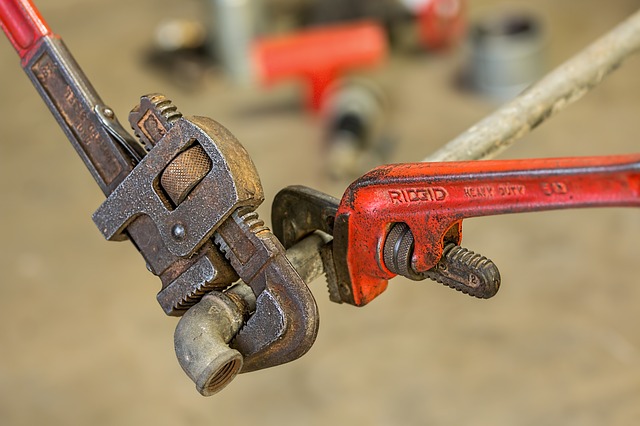 Whether you’re tinkering with your plumbing or just curious as to what’s really in that toolbox your plumber’s carrying around, Action Plumbing is here to help. So, what are the best plumbing tools and what do we use them for? Here’s a list of some of the plumbing tools most commonly used by professionals to install fixtures, fix problems, and more:
Whether you’re tinkering with your plumbing or just curious as to what’s really in that toolbox your plumber’s carrying around, Action Plumbing is here to help. So, what are the best plumbing tools and what do we use them for? Here’s a list of some of the plumbing tools most commonly used by professionals to install fixtures, fix problems, and more:
Pipe Wrench
One of the tools most often used by plumbers, the pipe wrench is a necessity for many projects. It has countless uses, and there is a wide variety of pipe wrenches available many of which meet a specific need. For example, we use an offset pipe when dealing with odd angles or tight spaces. Also, an end pipe is handy for pipes close to a wall.
Channel Locks
In addition, they call channel locks tongue and groove pliers. We often use them in place of a pipe wrench. Typically a plumber will use two at a time, with one for unscrewing a pipe while the other stabilizes.
Hole Saw
When a plumber needs to cut a hole in a concrete, wood, or masonry surface, he or she often turns to a hole saw to get the job done.
Basin Wrench
If you’re working with an older faucet, a basin wrench can be extremely helpful with its telescoping shank and 90-degree angle capabilities.
Hose Cutter
Believe it or not, we use this tool to cut exact shapes and sizes of copper tubing.
Drain Augers
More commonly known as Snakes, this tool has come to the rescue of a multitude of plumbers when a basic plunger just doesn’t cut it.
Rib-joint Pliers
This versatile tool is used for turning everything from fittings to pipes, bolts, and nuts.
Metal File
You need to smooth out the metal pipe with a metal file once it’s been cut. As you can see, it can get the job done right.
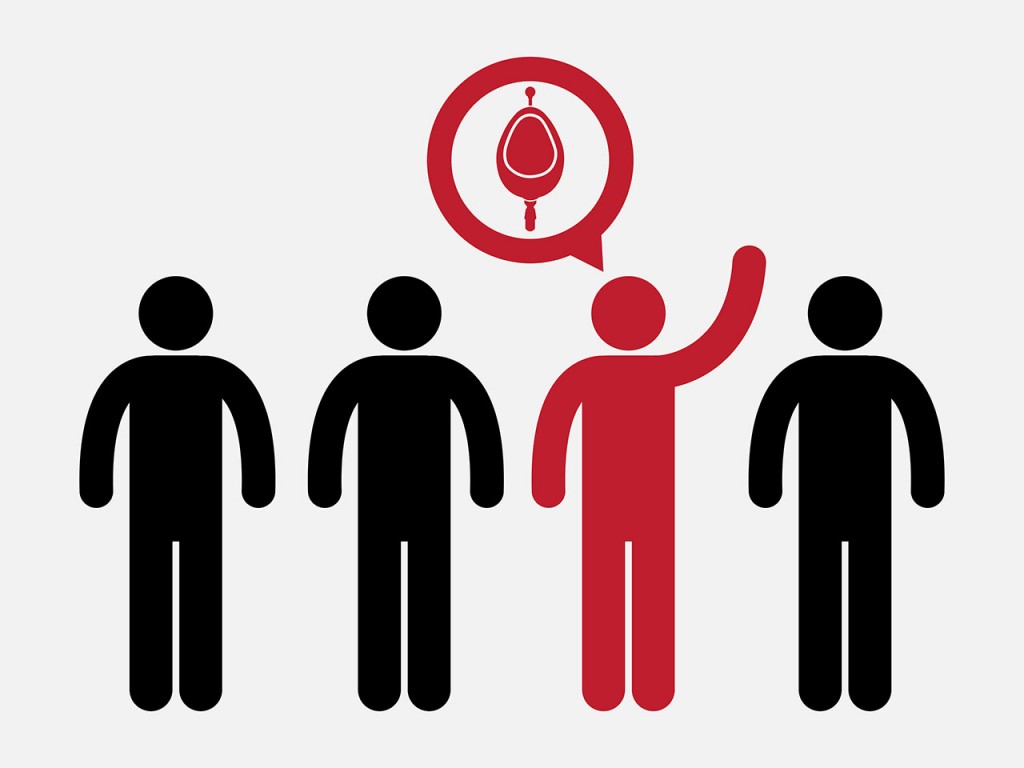 Anyone traveling abroad needs to know how to ask one important question. Gestures definitely won’t cut it in an emergency, and wouldn’t it be nice to communicate more quickly? Alas, Action Plumbing is here to help. Check out the following list of how to say “Where is the bathroom?” in 50 languages. (Warning: some translations actually equate to “Where is the toilet?”, but you get the idea.)
Anyone traveling abroad needs to know how to ask one important question. Gestures definitely won’t cut it in an emergency, and wouldn’t it be nice to communicate more quickly? Alas, Action Plumbing is here to help. Check out the following list of how to say “Where is the bathroom?” in 50 languages. (Warning: some translations actually equate to “Where is the toilet?”, but you get the idea.)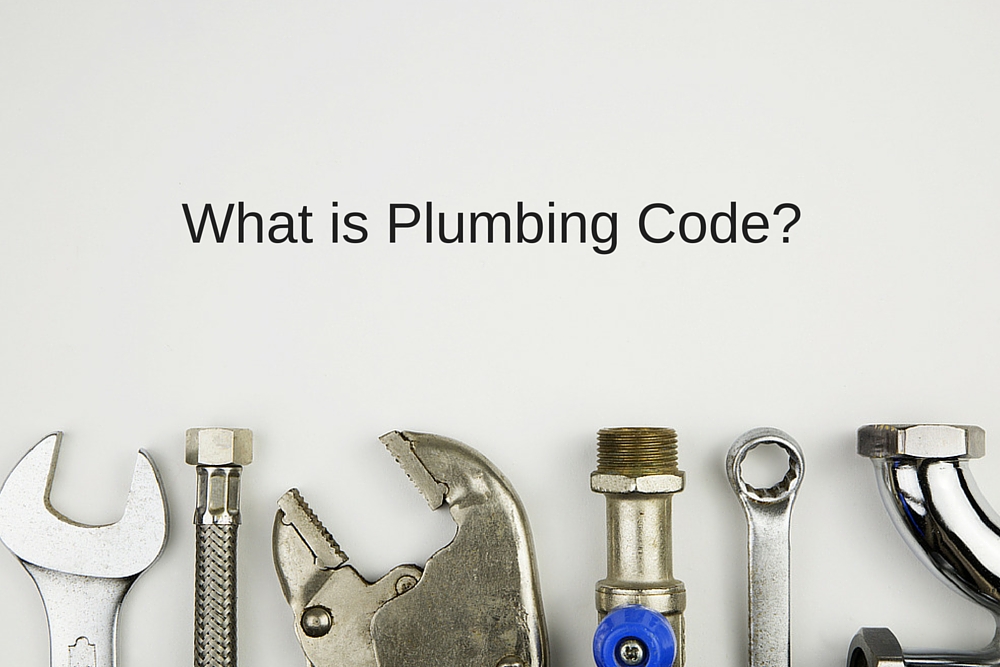
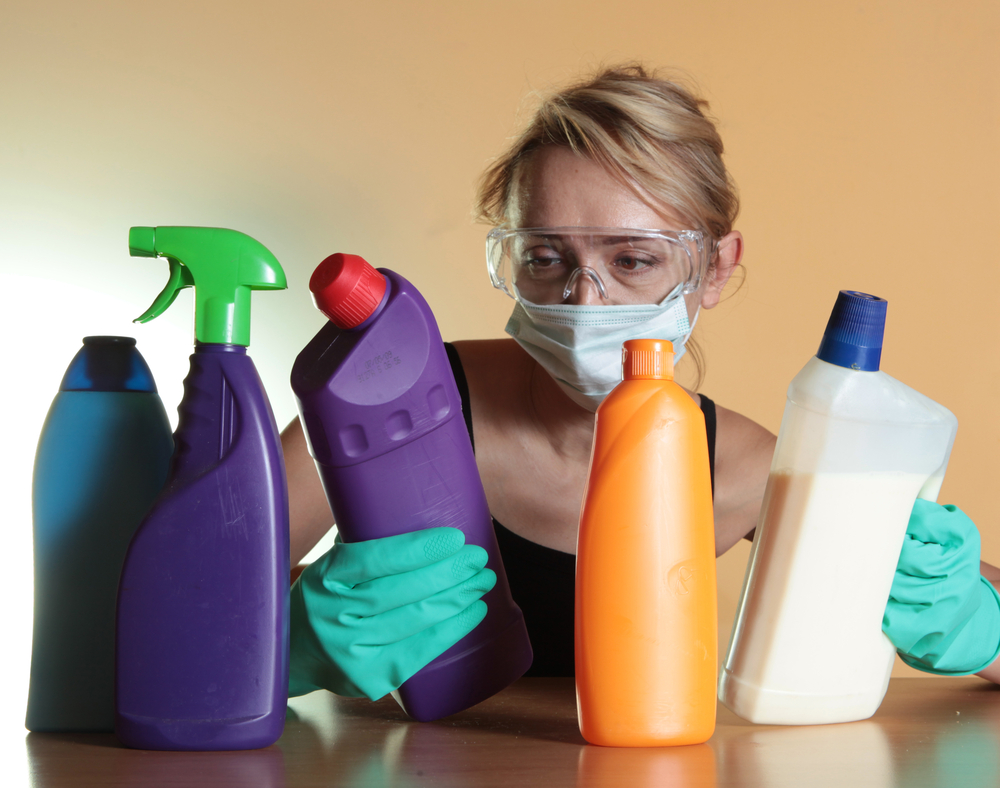 The disadvantages of using chemical drain cleaners are clear. Although they may be a fast and easy solution to clearing a clogged drain, there are many reasons why chemical drain cleaners should be avoided if at all possible. A few of those reasons include:
The disadvantages of using chemical drain cleaners are clear. Although they may be a fast and easy solution to clearing a clogged drain, there are many reasons why chemical drain cleaners should be avoided if at all possible. A few of those reasons include: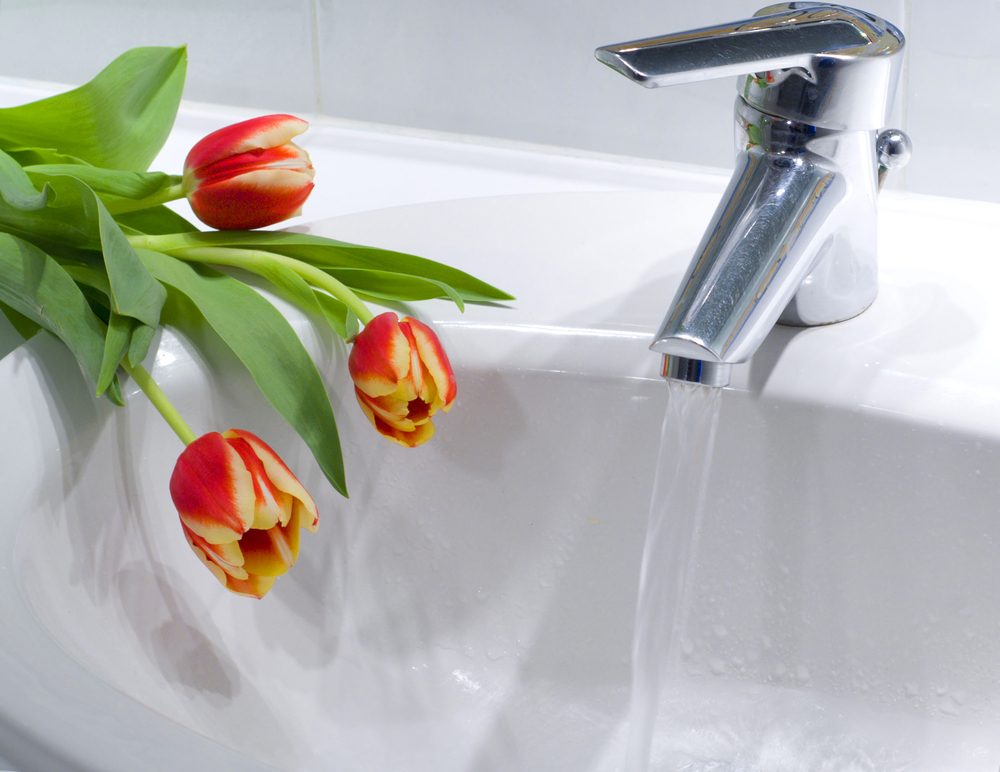 Now that the flowers are finally blooming, it’s time to get into Spring cleaning mode. This includes making sure your home or business’s plumbing system is order, and Action Plumbing has great advice to keep everything running smoothly. Here are a few Spring plumbing tips to consider:
Now that the flowers are finally blooming, it’s time to get into Spring cleaning mode. This includes making sure your home or business’s plumbing system is order, and Action Plumbing has great advice to keep everything running smoothly. Here are a few Spring plumbing tips to consider: